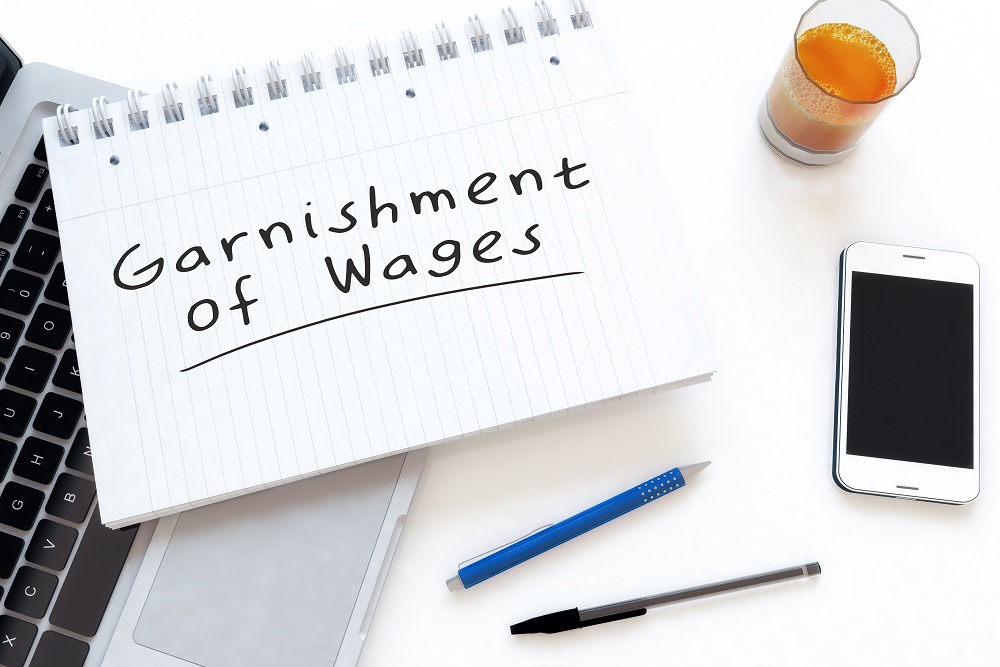We recently published a rather detailed post explaining why it’s necessary to understand garnishment laws in your state. That post led to another question: is wage garnishment the only way to collect an outstanding judgment? In short, no. While garnishment is an effective tool in some cases, there are other ways to get debtors to settle up.
Judgment collection firms will use garnishment when it is deemed to be the right course of action. When it is not appropriate, other options are looked at. Then there are the cases in which garnishment is combined with other strategies to increase the chances that a given judgment is paid in full.
Establishing Voluntary Payment Plans
A typical judgment collection service is not looking to forcibly compel debtors to pay up using heavy-handed tactics. We are no different here at Judgment Collectors. We would be very happy if every debtor we pursued willingly worked with us to establish a voluntary payment plan. From our perspective, there is no need to create friction where none exists. Unfortunately, voluntary payment plans are not the norm in our business.
When we can work with debtors in this way, we encourage them to pay as much as they can on a regular basis. Hopefully, they keep up their end of the bargain and the judgment is paid off in short order. But if not, there are still other options.
Placing Property Liens
One of the most effective tools we have above and beyond garnishment is the tried-and-true property lien. We may discover that a debtor owns a piece of real estate property not being used as a primary residence. That property is an ideal target for a lien.
Placing a lien on a piece of property prevents it from being sold until the judgment is satisfied. If the debtor insists on selling the property anyway, any sale proceeds go to satisfy the debt first. If there is anything left over, it goes back to the owner.
Lump-Sum Payments
Yet another tool is the lump-sum payment. You would probably be surprised by how many debtors choose this option when we finally catch up with them. It turns out they have had the money to pay all along. But rather than doing so, they chose to avoid payment in hopes that we or the creditor would just give up and walk away. As a successful judgment collection agency, giving up is not the way we do business.
Why We Use Other Tools
Getting back to garnishment one last time, we use other collection tools because garnishment has some inherent limits. For example, most states limit the amount of money that can be garnished from a person’s paycheck. Also, not all of a person’s wages are subject to garnishment.
The end result of state limits is that garnishment generally doesn’t produce sizable payments. Even though the creditor gets a little bit every time the debtor gets paid, it could take years to pay off a judgment of any size. Our goal as judgment collectors is to get the debt paid as quickly as possible. If that means garnishment plus something else, we are okay with that.
Garnishment is an effective tool to get payments started. It is also a way to ensure that creditors are being slowly repaid on a regular schedule. But in the end, garnishment is neither the only nor the most effective tool for collecting on bad judgments. We have other tools that produce equal or better results. Rest assured that we use every available tool to get debtors to pay what they owe.

